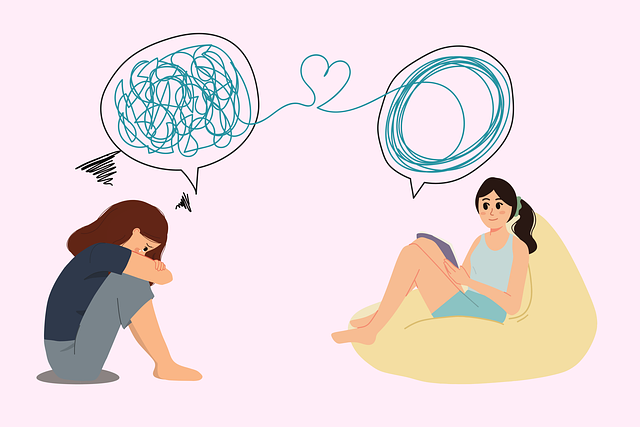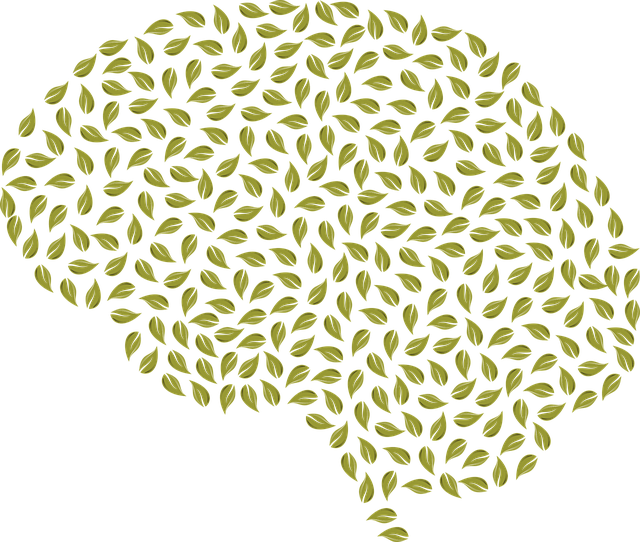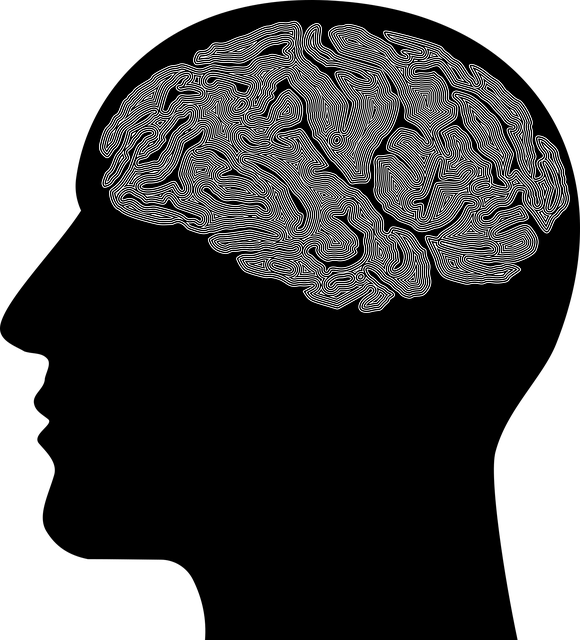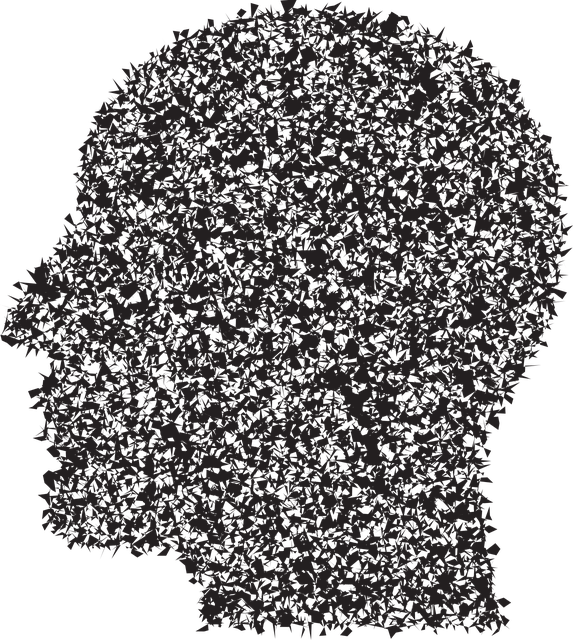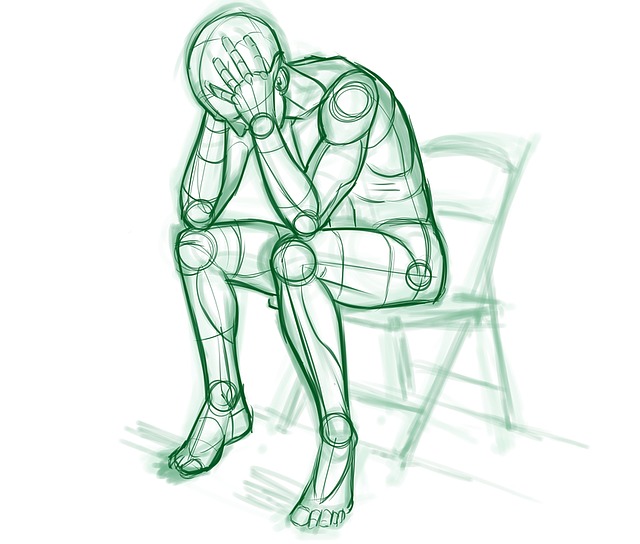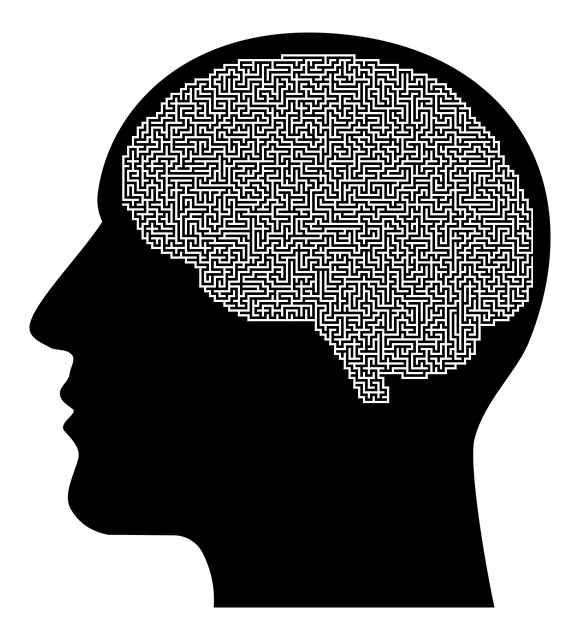Adolescent teens with Autism Spectrum Disorder (ASD) face unique mental health challenges, requiring tailored interventions. Social skills training and emotional intelligence programs are essential, addressing communication barriers, anxiety, and depression. Group facilitation techniques in therapeutic settings, centered around Mind Over Matter principles, enhance social interactions, emotional management, and mental wellness through peer support and structured discussions. Creating safe, engaging environments with simple language, visual aids, and age-appropriate activities ensures active participation and builds trust among participants. Effective communication strategies, burnout prevention for facilitators, and regular risk assessments contribute to successful therapy for adolescent teens with ASD, fostering acceptance, understanding, and improved quality of life. Engaging group activities, including real-life scenario discussions, creative outlets, and interactive games, holistically support their mental health development.
Mental wellness group facilitation plays a pivotal role in addressing the unique challenges faced by adolescent teens with Autism Spectrum Disorder (ASD). This article delves into effective strategies for therapists facilitating groups, focusing on understanding ASD-specific mental health concerns. We explore techniques to create inclusive environments and employ communication methods tailored to this population. Additionally, practical activity ideas are presented to enhance mental wellness in therapy sessions catering specifically to adolescent teens with ASD.
- Understanding Mental Health Challenges in Adolescent Teens with Autism Spectrum Disorder (ASD)
- The Role of Group Facilitation in Therapeutic Settings for ASD Teens
- Creating a Safe and Supportive Environment for Group Sessions
- Effective Communication Strategies for Facilitators Working with ASD Youth
- Group Activity Ideas to Promote Mental Wellness in Adolescent Teens with ASD
Understanding Mental Health Challenges in Adolescent Teens with Autism Spectrum Disorder (ASD)

Adolescent teens with Autism Spectrum Disorder (ASD) face unique mental health challenges due to the intersection of their neurodevelopmental differences and the social pressures of adolescence. Understanding this population’s specific needs is crucial when facilitating support groups or therapy sessions. Many teens with ASD struggle with emotional regulation, social interaction, and communication, which can lead to increased anxiety, depression, and even aggressive behaviors. The internal experiences of these individuals are often misunderstood by their peers, leading to feelings of isolation and a sense of being ‘othered’.
Mental illness stigma reduction efforts play a vital role in creating supportive environments for ASD teens. Social skills training and emotional intelligence programs can help facilitate peer connections and improve coping strategies. By fostering an atmosphere of acceptance and understanding, facilitators can encourage open discussions about mental health concerns, promote self-awareness, and enhance the overall well-being of these adolescents. These interventions are essential components of therapy for adolescent teens with autism spectrum disorder, aiming to navigate their unique challenges and foster a sense of belonging.
The Role of Group Facilitation in Therapeutic Settings for ASD Teens

In therapeutic settings for adolescent teens with Autism Spectrum Disorder (ASD), group facilitation plays a pivotal role in enhancing mental wellness. This collaborative approach leverages the power of peer interactions to foster social skills, improve communication, and develop coping strategies. By facilitating structured discussions and activities, therapists can guide these young individuals through the intricate process of understanding their emotions and managing their moods effectively. Group sessions also encourage the exchange of experiences and perspectives, creating a supportive environment where teens with ASD can learn valuable coping skills tailored to their unique needs.
The Mind Over Matter principles are often at the core of these group facilitation techniques. Through engaging activities and reflective exercises, facilitators help teens cultivate mental resilience, promoting self-awareness and emotional regulation. This holistic approach not only addresses individual challenges but also equips adolescents with the tools to navigate social dynamics, build meaningful connections, and ultimately improve their overall quality of life. Mood management strategies and coping skills development are seamlessly integrated into these sessions, ensuring that each participant emerges with a broader toolkit for confronting life’s challenges head-on.
Creating a Safe and Supportive Environment for Group Sessions

Creating a safe and supportive environment is paramount when facilitating group sessions for teens with Autism Spectrum Disorder (ASD). These individuals often face unique challenges in social settings, so it’s crucial to establish a space where they feel comfortable expressing themselves openly. Techniques such as active listening, validating their emotions, and fostering peer support can help build trust and encourage participation. The goal is to create an inclusive atmosphere that promotes emotional intelligence and coping skills development, making therapy for adolescent teens with ASD more effective.
By designing activities that emphasize non-verbal communication, encouraging small group discussions, and incorporating age-appropriate games, facilitators can make sessions engaging and less intimidating. This approach not only helps in stress management workshops but also allows for a more dynamic exploration of topics related to emotional well-being. Utilizing these strategies ensures that every participant feels heard and respected, fostering a sense of community within the group.
Effective Communication Strategies for Facilitators Working with ASD Youth

Effective communication strategies are paramount when facilitating groups for adolescents with Autism Spectrum Disorder (ASD). These teens often struggle with social cues and verbal expression, making direct and clear communication essential. Facilitators should employ simple, concise language, ensuring their messages are easily understandable. Visual aids, such as charts or pictures, can significantly enhance comprehension.
Additionally, teaching emotional regulation techniques tailored to ASD youth is crucial. This may involve helping them identify and express feelings appropriately, providing strategies for managing anxiety or distress during group sessions. Burnout prevention strategies for healthcare providers should also be considered, as working with this population can be demanding. Regular risk assessments for mental health professionals are recommended to ensure the safety and well-being of both facilitators and participants.
Group Activity Ideas to Promote Mental Wellness in Adolescent Teens with ASD

In facilitating mental wellness groups for adolescent teens with Autism Spectrum Disorder (ASD), engaging group activities play a pivotal role in fostering a supportive environment and enhancing coping skills development. One effective technique is incorporating social skills training sessions where participants can practice interaction and communication strategies in a safe, peer-supported setting. These activities not only target the core challenges of ASD but also promote understanding and acceptance among group members.
Group discussions centered around real-life scenarios can boost mental health awareness and teach teens practical solutions to navigate daily stressors. Creative outlets like art therapy or music sessions offer alternative means of expression, helping individuals process emotions and improve self-awareness. By combining these therapeutic approaches with interactive games and collaborative projects, facilitators create a dynamic space that encourages both fun and growth, ultimately contributing to the holistic Therapy for Adolescent Teens with Autism Spectrum Disorder.
Mental wellness group facilitation plays a pivotal role in enhancing therapy for adolescent teens with Autism Spectrum Disorder (ASD), creating safe, supportive environments that foster open communication and engagement. By employing strategies discussed—from understanding ASD challenges to implementing creative group activities—facilitators can significantly contribute to the mental health and well-being of these young individuals. This approach not only complements traditional therapeutic methods but also empowers teens with coping skills, encouraging them to navigate their unique journeys with increased confidence and resilience.

